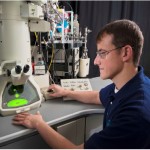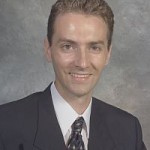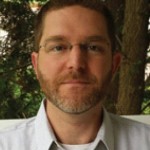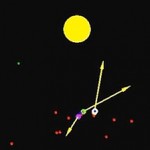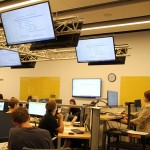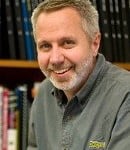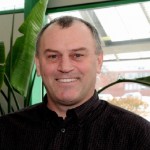 The ME-EM Graduate Seminar speaker on Thursday, September 18 at 4:00 in 103 EERC will be Dr. Dean Miller from Argonne National Laboratory.
The ME-EM Graduate Seminar speaker on Thursday, September 18 at 4:00 in 103 EERC will be Dr. Dean Miller from Argonne National Laboratory.
The title of his presentation will be ‘Applications of Electron Microscopy to Materials for Energy’.
Electron microscopy has long been an important tool in understanding the structure and function of materials. Electron microscopy provides powerful capabilities for characterization of microstructure at the nanoscale. Likewise, focused ion beam instruments provide unique capability for preparation and interrogation of materials. In this presentation, several examples of the application of these approaches to energy related materials will presented. In fuel cell materials, quantitative three-dimensional reconstruction of microstructure through focused ion beam – scanning electron microscopy
has provided new insight into cathode performance. For Li-battery materials, we have developed a new way to follow structural evolution in single oxide cathode particles by in situ microscopy during electrochemical cycling that has shed new light on mechanisms for performance degradation. In high temperature superconductors, electron microscopy has revealed how subtle changes in chemistry during processing can have a profound influence on their ultimate performance. These examples illustrate some of the ways electron microscopy can provide unique and practical insight into the behavior of materials.
Dean Miller is a Senior Materials Scientist and Director of the Electron Microscopy Center at Argonne National Laboratory. He received his B.S. in Metallurgical Engineering and Ph.D. in Materials Science, both from the University of Illinois in Champaign-Urbana. His research at Argonne focuses
on the characterization of complex electronic oxides including high-temperature superconductors, magnetic oxides, and advanced battery materials with a particular emphasis on characterization by electron beam methods.

